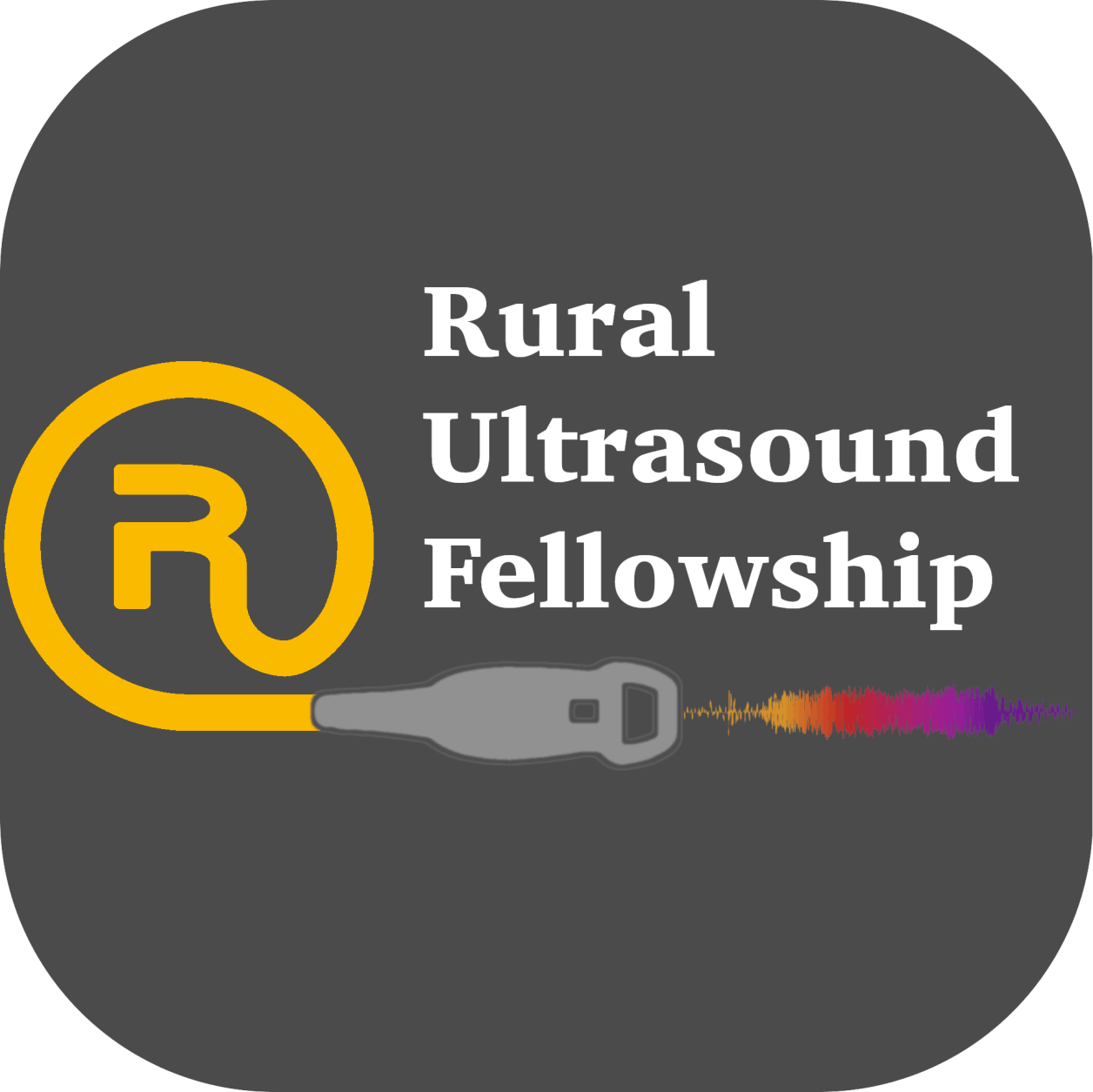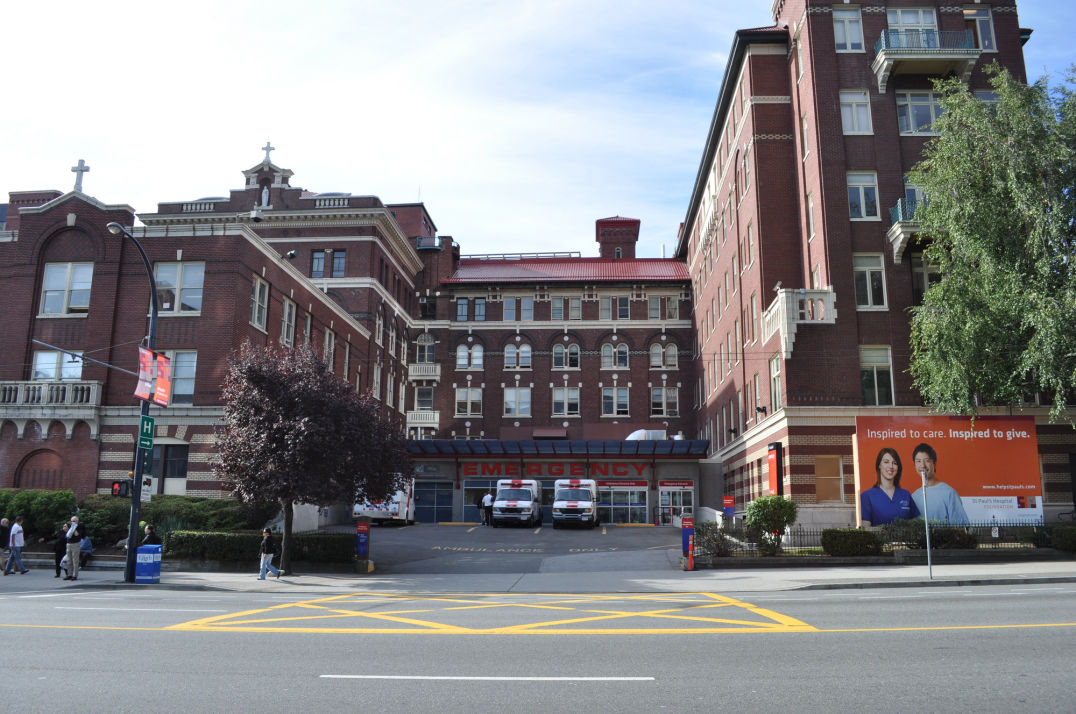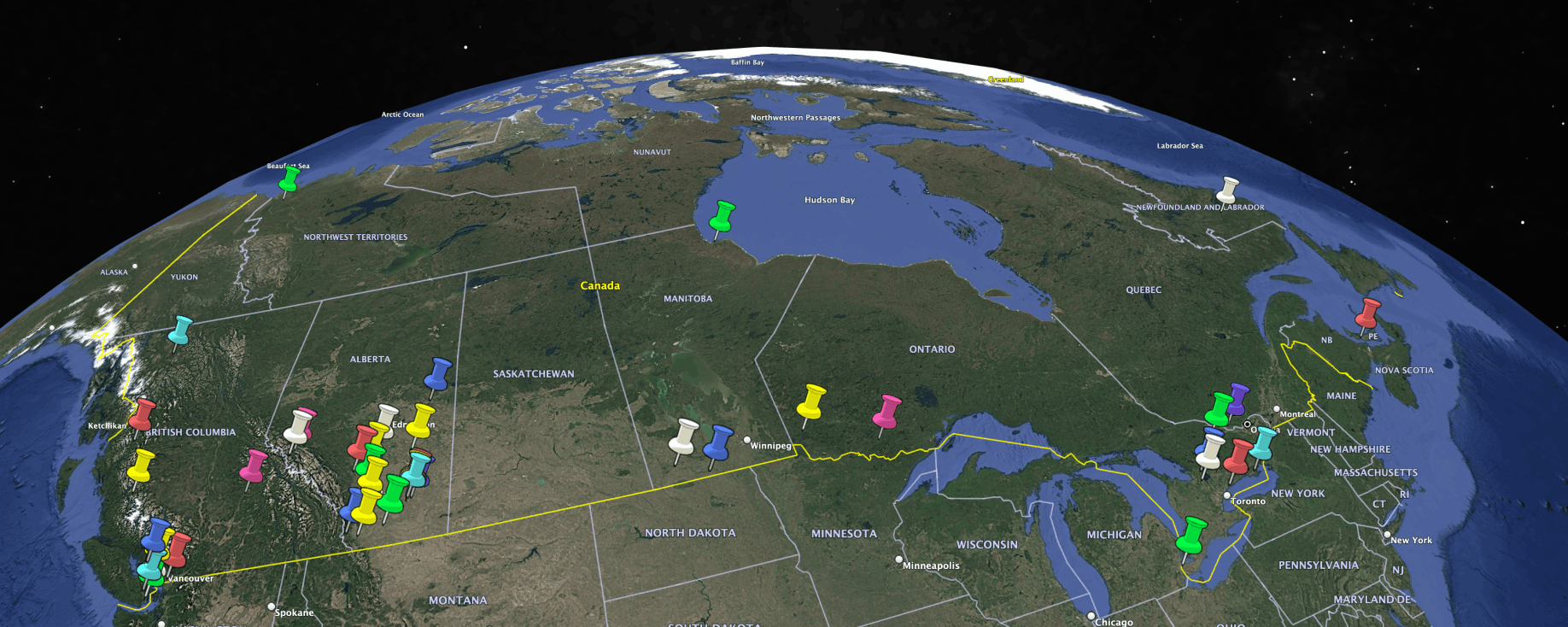
Comprehensive
Fellowship
in Point of Care Ultrasound
For Rural GPs,
Emergency Physicians
& other specialities
Emergency Physicians
& other specialities


